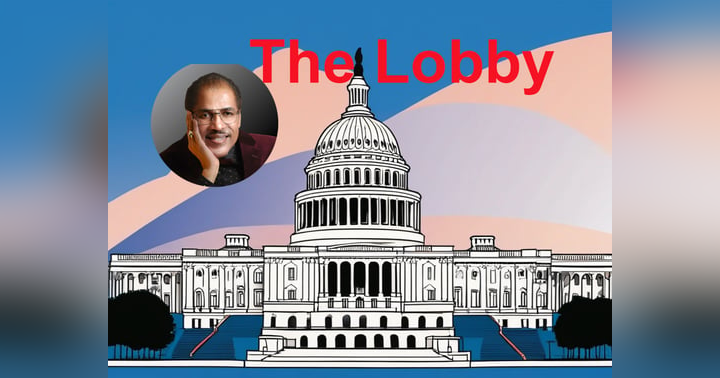Generation Z vs War Mongers
Article by Butch Leake
Copyright 2024
Generation Z, born between the mid-1990s and early 2000s, is often characterized as a socially conscious and politically active generation. With access to vast amounts of information on social media, this generation has a strong awareness of global issues and a desire to make a positive impact on the world. In contrast, prominent figures or groups associated with promoting war often prioritize power, control, and self-interest over peace and diplomacy. By comparing and contrasting the perspectives and actions of Generation Z with those who support conflict and violence, we can gain insight into how values, beliefs, and behaviors shape approaches to global issues, social justice, and conflict resolution.
One prominent figure associated with promoting war is former President George W. Bush, who led the United States into the Iraq War in 2003. Bush's administration justified the invasion by claiming that Iraq possessed weapons of mass destruction, which were never found. This unilateral decision to go to war without international support resulted in the deaths of hundreds of thousands of Iraqis and destabilized the region for years to come. In contrast, Generation Z is more likely to question authority and seek alternative solutions to conflicts.
One example of this is the global movement for climate action led by young activists like Greta Thunberg. Generation Z recognizes the urgency of addressing climate change and advocates for sustainable solutions to protect the planet for future generations. Instead of resorting to violence or war, these activists promote peaceful protests, community engagement, and political advocacy to bring about change.
In terms of social justice, Generation Z is more inclusive and diverse than previous generations. This generation embraces gender equality, LGBTQ rights, and racial justice as core values. In contrast, groups that promote war often perpetuate discrimination, oppression, and inequality. For example, extremist organizations like ISIS target marginalized communities and use violence to spread fear and division.
One key difference between Generation Z and those who support conflict and violence is their approach to conflict resolution. While the latter may resort to military intervention and force to achieve their goals, Generation Z advocates for dialogue, diplomacy, and cooperation. This generation values empathy, communication, and mutual respect in resolving conflicts. For example, the Black Lives Matter movement calls for systemic changes to address police brutality and racial injustice through dialogue and policy reform.
Another factor that shapes the perspectives of Generation Z and those who promote war is technology and social media. Generation Z is the first generation to grow up with smartphones, social media, and the internet at their fingertips. This constant connectivity has enabled them to access information, connect with others, and mobilize for social change more easily than ever before. In contrast, those who support conflict and violence may use technology for propaganda, surveillance, and censorship to control narratives and suppress dissent.
Cultural influences also play a role in shaping the values and beliefs of Generation Z and supporters of war. Generation Z is influenced by a diverse range of cultures, traditions, and perspectives from around the world. This exposure to different ideas and experiences fosters empathy, tolerance, and open-mindedness. In contrast, those who promote war may be influenced by nationalist, militaristic, or authoritarian ideologies that prioritize security and dominance over cooperation and understanding.
Despite these differences, there is potential for collaboration and understanding between Generation Z and those who support conflict and violence. By engaging in constructive dialogue, listening to diverse perspectives, and seeking common ground, these two groups can work together to address shared challenges such as climate change, inequality, and extremism. Generation Z can offer innovative solutions, fresh perspectives, and energy to drive positive change, while supporters of war can provide expertise, resources, and influence to navigate complex geopolitical issues.
In conclusion, the perspectives and actions of Generation Z and those associated with promoting war reflect contrasting values, beliefs, and behaviors in approaching global issues, social justice, and conflict resolution. Generation Z prioritizes peace, diplomacy, and inclusivity, while supporters of war may prioritize power, control, and self-interest. By understanding the impact of technology, social media, and cultural influences on shaping perspectives, we can bridge the gap between these two groups and work towards a more peaceful and just world for all.




